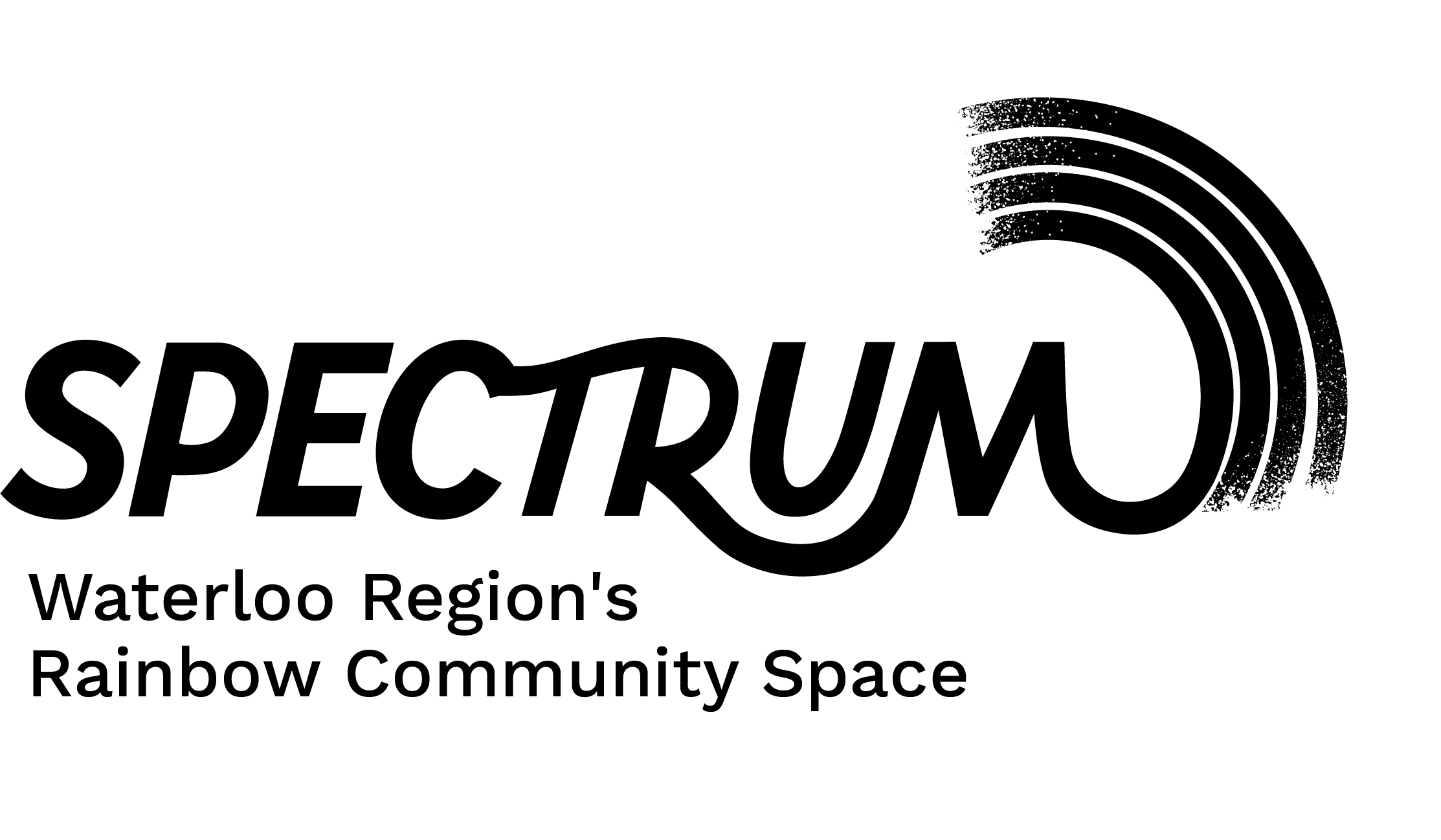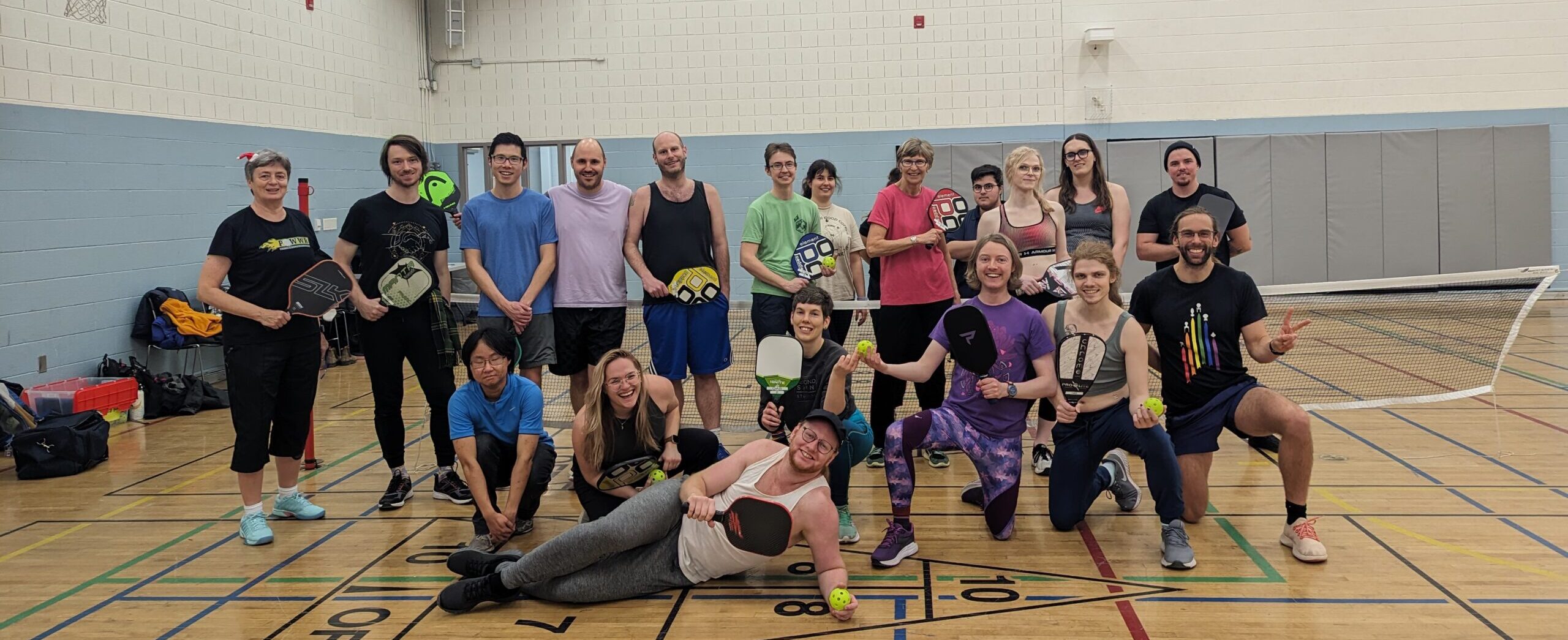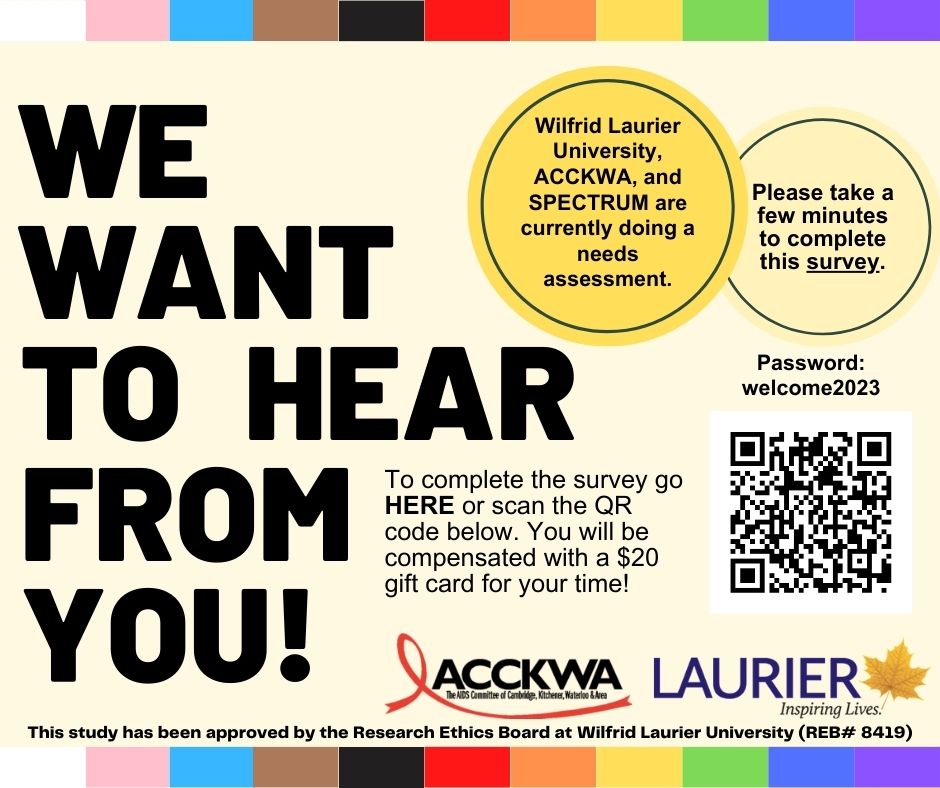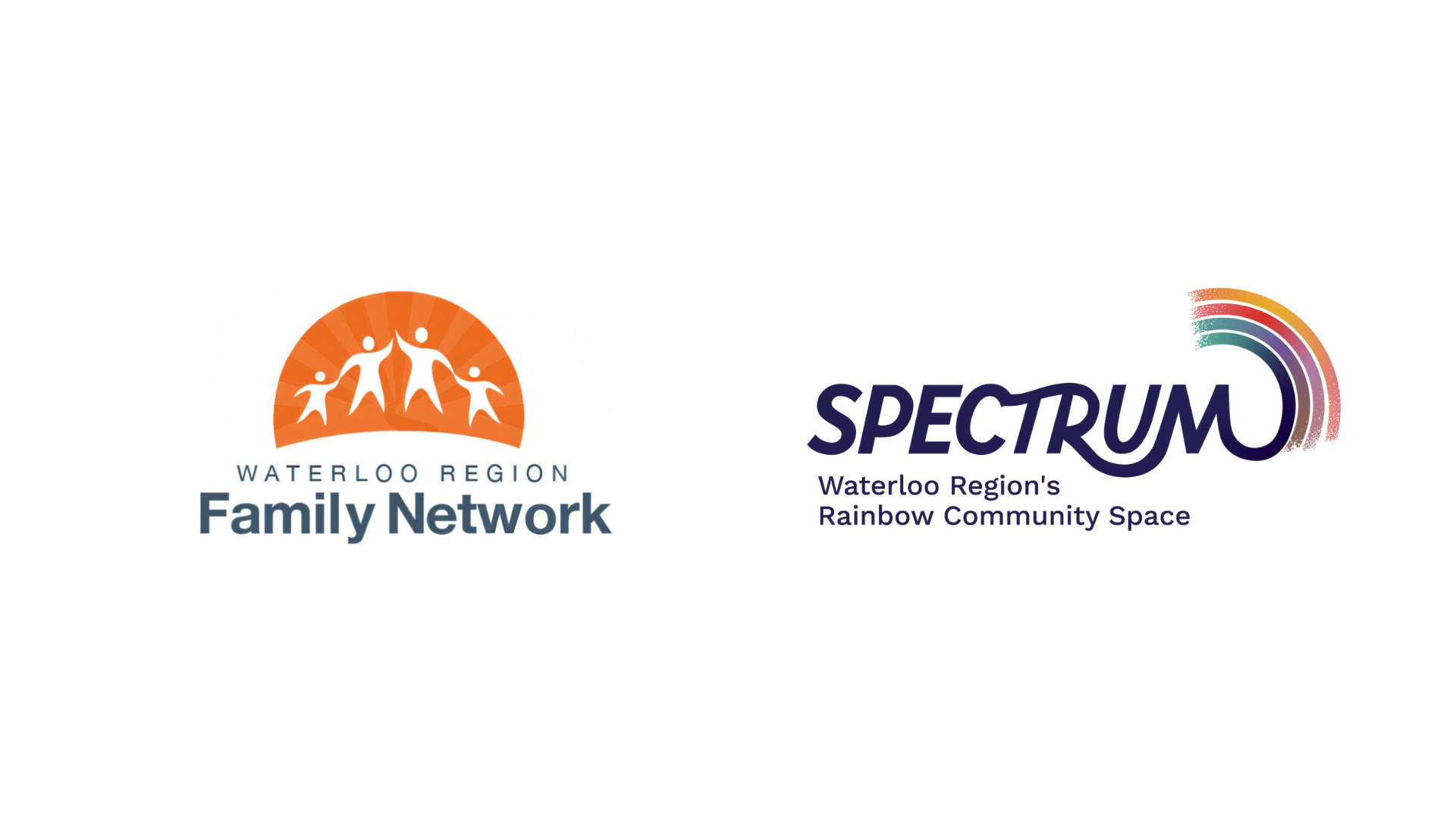Over the last few years, Spectrum introduced Multi-Sport Drop-In and Rainbow Diversity Training. These programs help to enhance well-being for 2SLGBTQIA+ people here in Waterloo Region. After a pilot trial of Multi-Sport, we enlisted Wilfrid Laurier University to help study its effectiveness. This research was made possible with generous funding from Sport Canada. We also want to thank the researchers from the Lyle S. Hallman Faculty of Social Work at Wilfrid Laurier.
This evaluation was created to show the impact these programs make on our community. It was also created to find ways to improve upon them moving forward. We would like to thank Dr. Michael Woodford and his team at Wilfrid Laurier for their excellent work in creating this report. We are pleased to be able to share these details with the community.
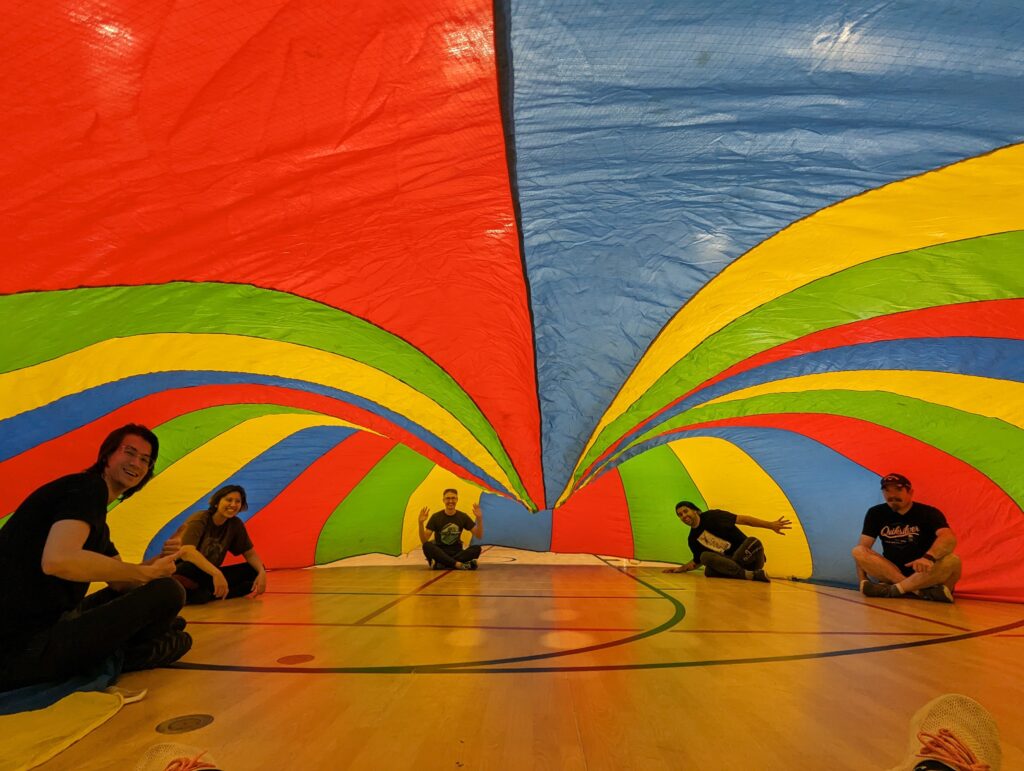
Multi-Sport Evaluation
Multi-Sport Drop-In is a space for 2SLGBTQIA+ people to participate in physical activity. We received evaluations from 210 participants over 87 sessions.
The evaluation helped us to understand the reasons that people attended these programs. Most people answered that they wanted to spend more time with other 2SLGBTQIA+ folks. They also noted how beneficial it was that these programs were run free of cost. For many people, it wasn’t just to be physically active; it was about connection.
Overall, participants’ mental health improved from participating in these programs. They were able to become more comfortable with participating and learning different sports. The program made people feel safe and included with other participants.
The study also identified some potential ideas for improving the program. We now know to continue balancing competition and inclusivity. The program would also benefit from having more under-recognized communities take part. This would also help to diversify the space even more for all participants. Lastly, feedback also made suggestions on how to market our program to folks who are new to programs like this. We hope to use some of these findings to help ease new attendees’ worries in coming out to join us.
RDT Evaluation
Rainbow Diversity Training aims to teach folks more about the 2SLGBTQIA+ community. It focuses on increasing knowledge and allyship. Our team worked to train community centre staff on working with 2SLGBTQIA+ people.
The evaluation showed that correct answers about gender-inclusive language nearly doubled. However, we also noticed that knowledge about community resources remained low.
We learned that the sections on mental health and language changes were very helpful. Attendees said the training helped them to understand the struggles within the community. They felt more compassionate towards folks within the community as well.
The recommendations we received was to have more consistent training. Teaching more about how to handle resistance would be helpful for public-facing staff. There was also a need for more about religious and cultural sensitivity. We are planning on implementing all of the recommendations into the training sessions this coming year.
–
For ease, we’ve created three different versions of the report. The full report goes into detail about the research and methodology. We have two shorter reports that discuss the findings and recommendations more succinctly. Thank you again to Sport Canada for making this research possible. We also would like to thank the folks at Wilfrid Laurier for doing such incredible work. We look forward to using our participants’ feedback to help improve our programs in 2025. We look forward to seeing you at the 2SLGBTQIA+ Multi-Sport Drop-In soon! Visit this micro-site to learn all about the program.
